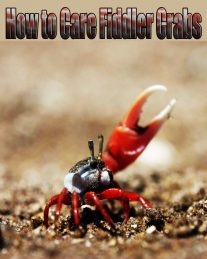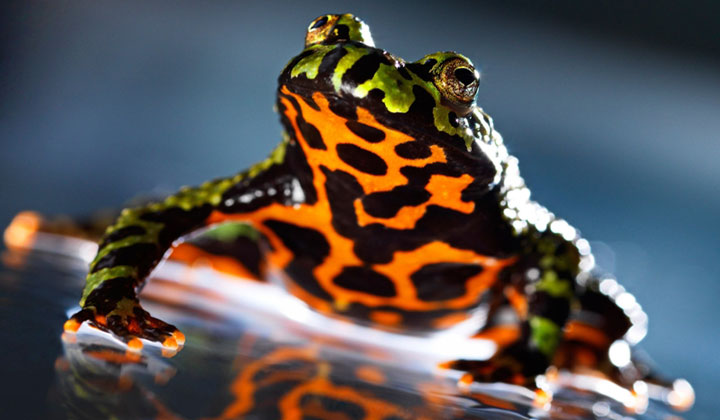
Knowing how to tell if your turtle is healthy is a very important skill you should learn. As with any other pet, it’s important to keep a watch on your turtle and his health. Turtles are less conventional pets though and this may not be as simple as, say, telling if your dog is sick. There are a variety of signs and symptoms you should be on the lookout for to make sure your turtle is in tip-top shape. Here’s what you should look for:
Vitamin A Deficiency: Vitamin A is an important nutrient for your turtle’s health. It is found in his diet in the form of leafy green, orange or yellow vegetables, liver, and fish. If your turtle is not getting enough Vitamin A, he can suffer serious health problems. Always check to make sure that your turtle does not have swollen eyelids, as this is the main sign of a Vitamin A deficiency. Also, check for weight loss, nasal discharge and infected skin. Any of these symptoms could point to a deficiency. If you think he may not be getting enough Vitamin A, you should take him to the veterinarian to get a firm diagnosis.
Shell Problems: Your turtle’s shell is very important to his overall health. There are many potential problems that could occur, so you should be on the lookout at all times. Here are some of the main things to watch for:
- Dysecdysis: Dysecdysis refers to when a turtle does not shed a scute (one of the bony sections of the shell) properly. These can often become infected, and you may want to have them checked out by a veterinarian.
- Metabolic Bone Disease (MBD): This disease of the shell stems from poor care, notably diet, habitat, and exercise. It often causes noticeable deformities in the shell, such as a raised shell. You should take your turtle to the veterinarian if you suspect MBD.
- Pyramiding: A form of MBD, pyramiding describes a condition in which the scutes of the shell grow to be cone-shaped, due mostly to dietary concerns such as low calcium or fiber, or excess protein.
- Sloughing of Scutes: Kidney failure in turtles can cause calcium deficiencies which cause the turtle’s shell and scutes to soften. Make sure you have your turtle examined by a veterinarian if you think this is happening to your turtle.
- Shell Rot: This term describes infections of the shell, or ulcers. They can be superficial or very deep and serious. You should have your turtle examined by a veterinarian if you suspect shell rot.

Parasites: Parasites are one of the most common health problems for turtles. They can come in the form of ticks, mites, worms, or protozoa. If your turtle has parasites, you may notice a change in his appetite and energy level, unhealthy fecal matter, or weight loss. If your turtle has an external parasite such as ticks or mites, you may be able to spot them on his skin. If you think your turtle has parasites, you should talk to a veterinarian about treatment.
Respiratory Disease: Respiratory infections have symptoms similar to vitamin A deficiency, including swollen eyelids and runny nose, so you should take your turtle to the veterinarian to get a proper diagnosis if you suspect either. More serious infections will be characterized by breathing through the mouth, mucus in the mouth, and wheezing. Always make sure your turtle’s environment has the proper amount of humidity, as this will help prevent respiratory problems.




Leave a Reply